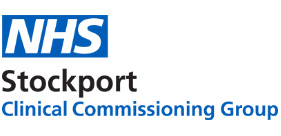The NHS needs to plan for, and respond to, a wide range of incidents and emergencies that could affect health or patient care.
These could be anything from extreme weather conditions to an outbreak of an infectious disease or a major transport accident. The Civil Contingencies Act (2004) requires NHS organisations, and providers of NHS-funded care, to show that they can deal with such incidents while maintaining services.
This programme of work is referred to in the health community as emergency preparedness, resilience and response (EPRR). New arrangements for local health EPRR form some of the changes the Health and Social Care Act 2012 is making to the health system in England.
